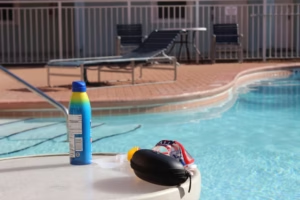
The Complete Guide to CPR & AED Training for Lifeguards
Lifeguards are more than just strong swimmers — they are first responders trained to handle life-and-death emergencies. Among the most vital skills every lifeguard must master are **CPR (Cardiopulmonary Resuscitation)**




